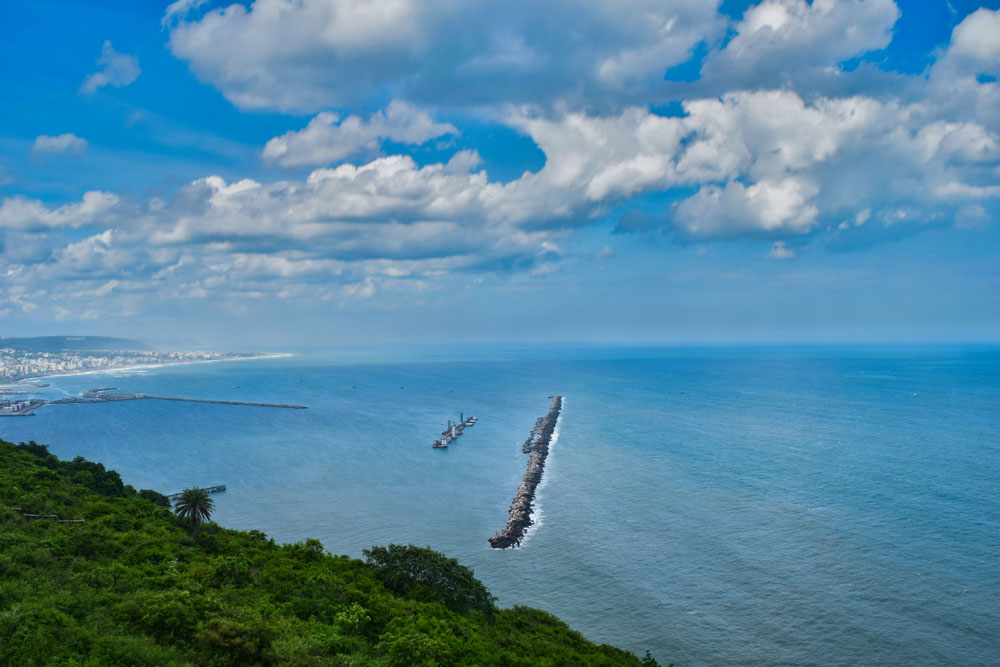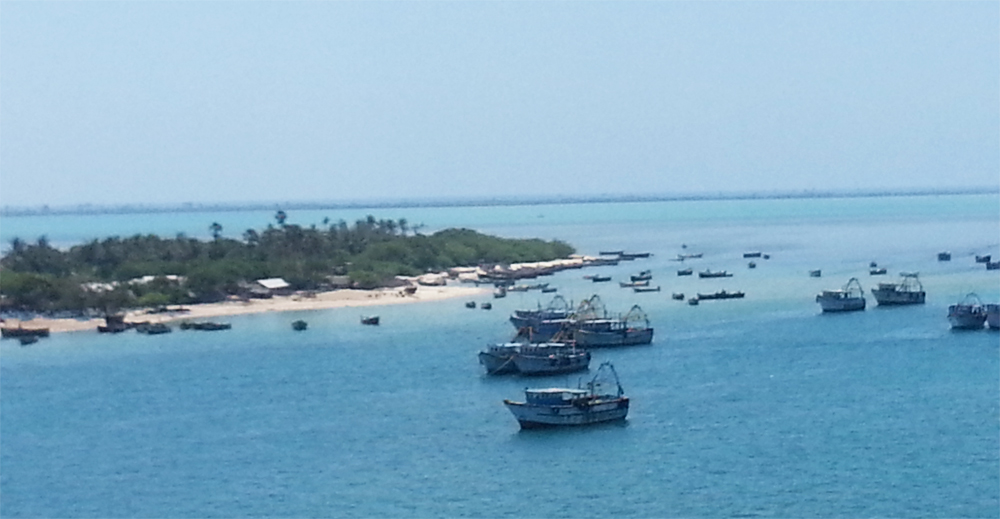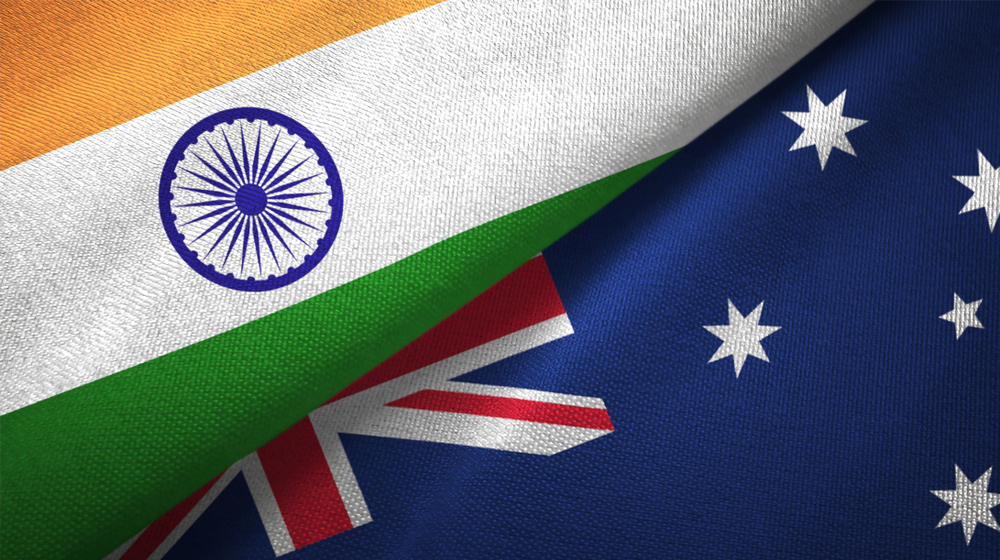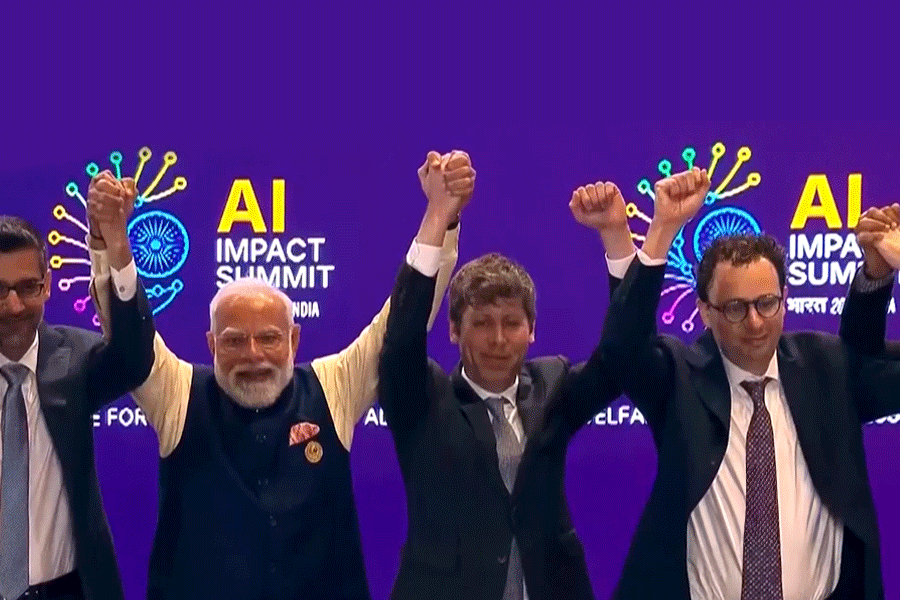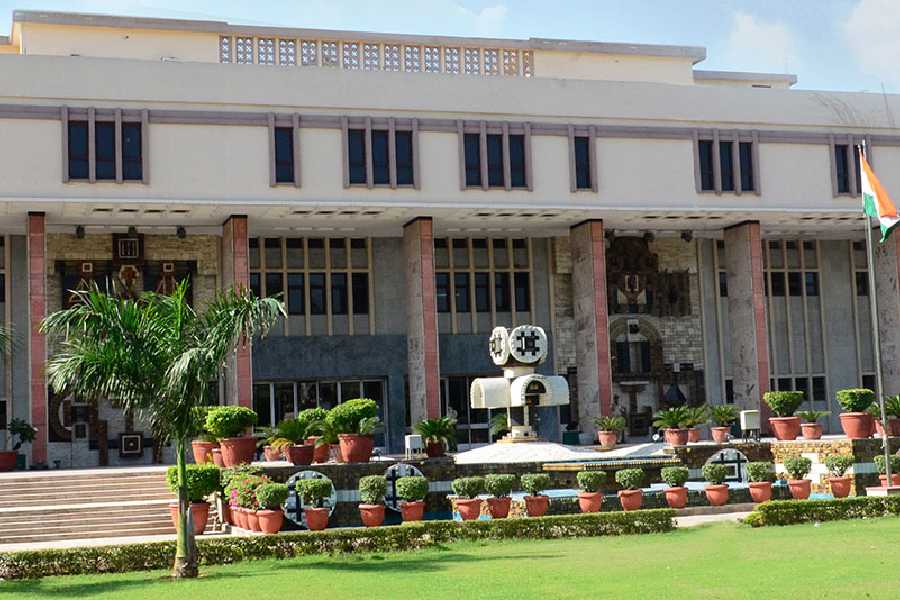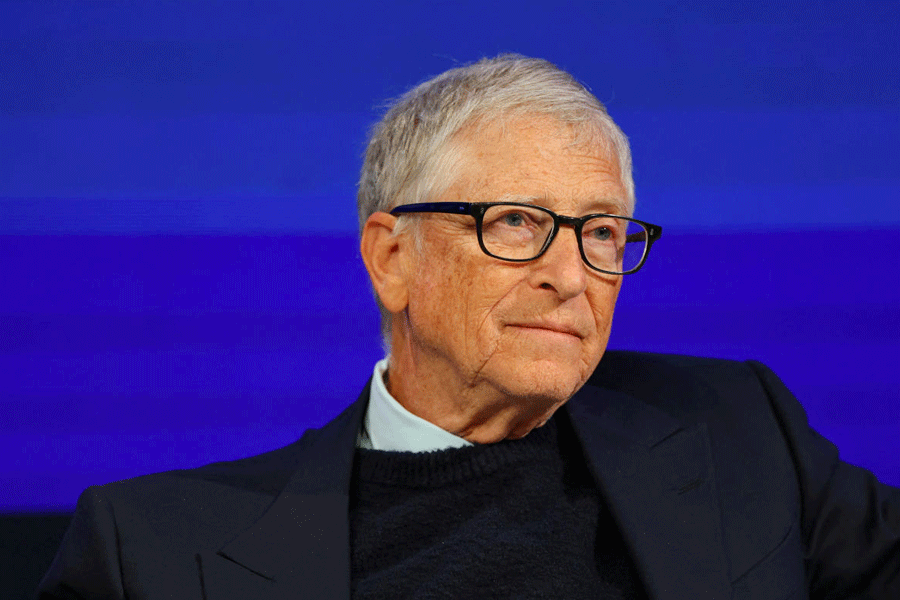In 2011, the then secretary of state, Hillary R. Clinton, wrote an article in Foreign Policy in which she categorically stated that the wars in Afghanistan and Iraq had hampered the power and the prestige of the United States of America. “One of the most important tasks of American statecraft over the next decade will therefore be to lock in a substantially increased investment— diplomatic, economic, strategic, and otherwise — in the Asia-Pacific region.” The same year, while speaking in the Australian Parliament, the former president, Barack Obama said, “[T]he United States is turning our attention to the vast potential of the Asia Pacific region.” In 2017, the Donald Trump administration came up with a new geopolitical formulation: India, Japan and Australia would form an alliance to contain China in the ‘Indo-Pacific’.
By using the term ‘Indo-Pacific’, the Trump administration wants to stitch up an alliance with regions at the confluence of the Eastern Indian Ocean and the Western Pacific Ocean that surrounds China. The former secretary of state, Rex Tillerson, pointed out that when the US speaks of the Indo-Pacific, it implies the expansion of strategic ties with India and Indian Ocean littoral states that share the US’s concerns about China’s maritime prowess. In 2018, the Congressional Research Service came up with a report titled, China’s Naval Modernization: Implications for U.S. Navy Capabilities-Background and Issues for Congress. While attempting to answer how the US should respond to China’s military modernization, the report claimed categorically that the future of global politics lies in the Indo-Pacific region. If 20th-century American foreign policy was characterized by its preoccupation with the Cold War, then US foreign policy in the 21st century could be characterized by the ‘China syndrome’. The CRS report exemplifies this.
Hot seat
India occupies a prominent position in the Indian Ocean. This unique position offers India a link to important maritime zones like the Malacca Straits, Andaman Sea, Bay of Bengal, Central Indian Ocean, Arabian Sea and its extensions in the Gulf and the Red Sea. This geopolitical advantage may be critical because international relations in Asia are undergoing turbulent changes. Two protracted Asian rivals have concentrated their power on this maritime domain. This concentration of power has created a sense of naval nationalism. India’s obsession with the Indian Ocean and China’s obsession with the South China Sea are a case in point. The incorporation of the terms, ‘Indian Ocean’ and ‘Defence Partner’, in the National Defense Authorization Act in the US are, therefore, significant. India needs to understand that the legislation is a manifestation of the power politics of a particular period in a particular region and that India’s core interests are at stake.
During the Cold War period, the US wanted to come out of its policy of aloofness. Now there is concern among US policymakers about forced aloofness in the Asia-Pacific in particular and global politics in general. The NDAA, in a sense, represents the intersection of political and strategic interests.
It would be profoundly misleading to interpret the conflict between China and the US as a struggle for maintaining good order at sea or for consolidating the Indian Ocean as a ‘zone of peace’. One could instead argue that the conflict arises out of the US’s desire to maintain its hegemony and China’s wish to flex its muscles.
The NDAA is a simple and revealing illustration of the workings of power politics in the Indian Ocean. There are no permanent friends or foes in international politics. Any diplomatic gesture on India’s part should be carefully scrutinized.

